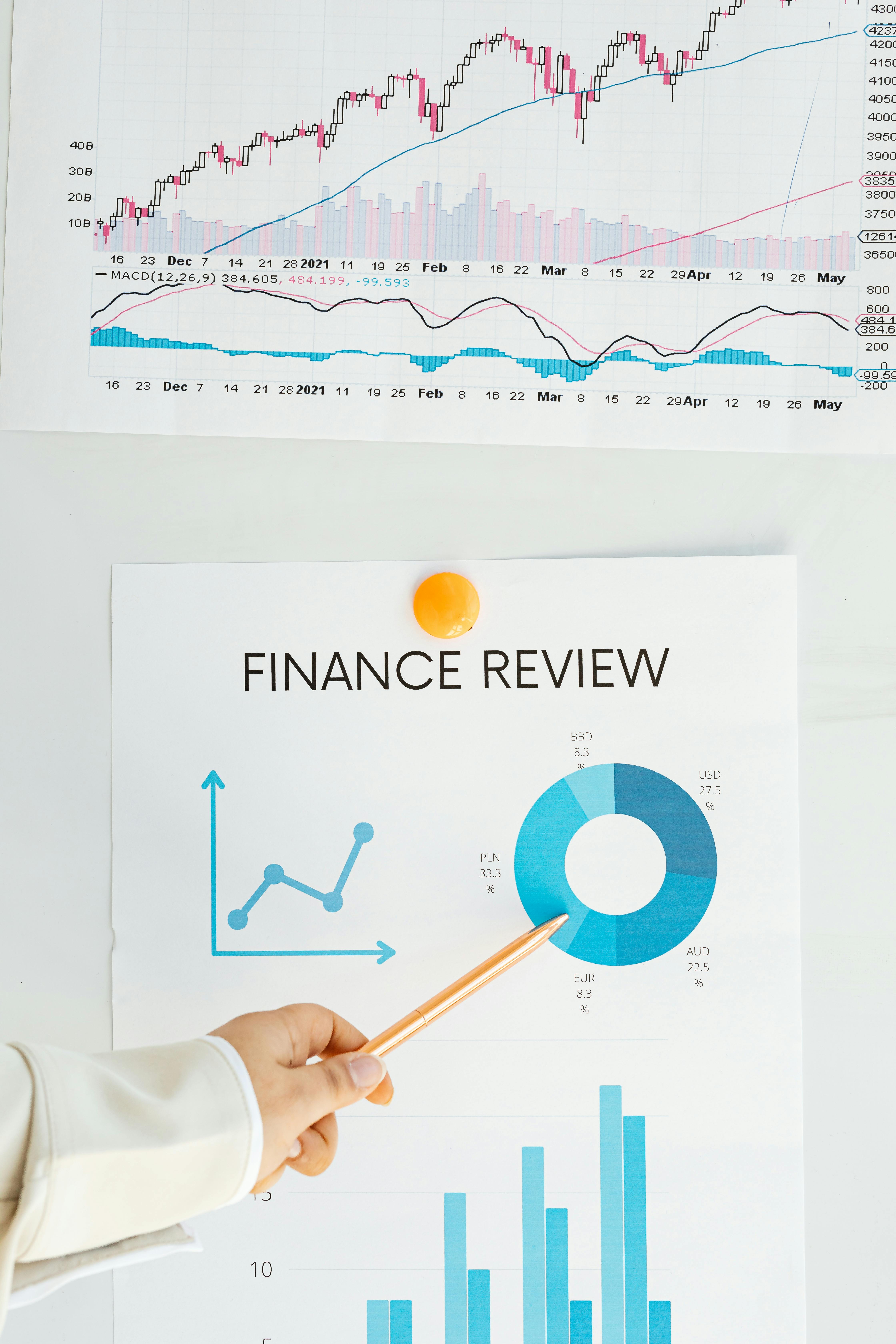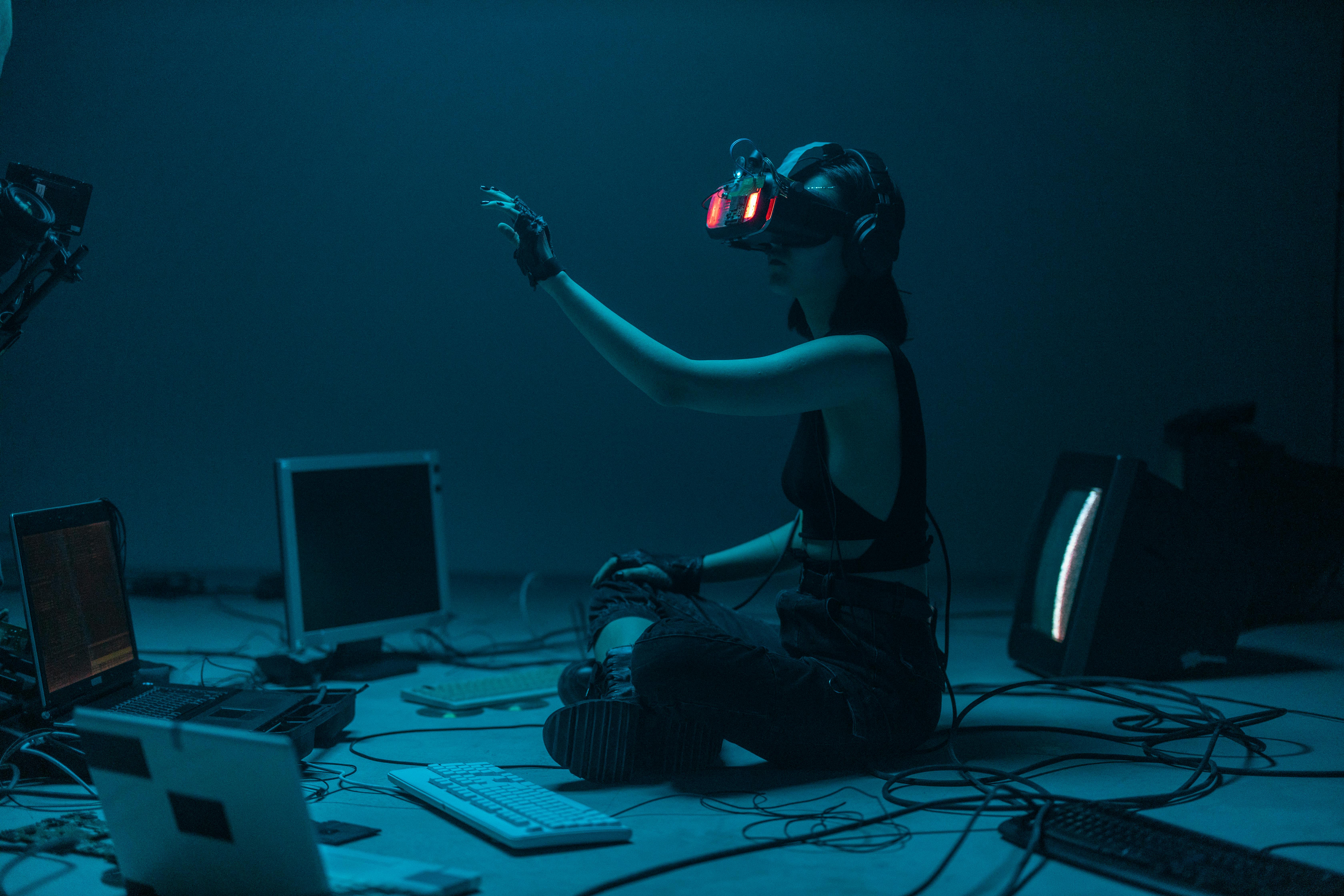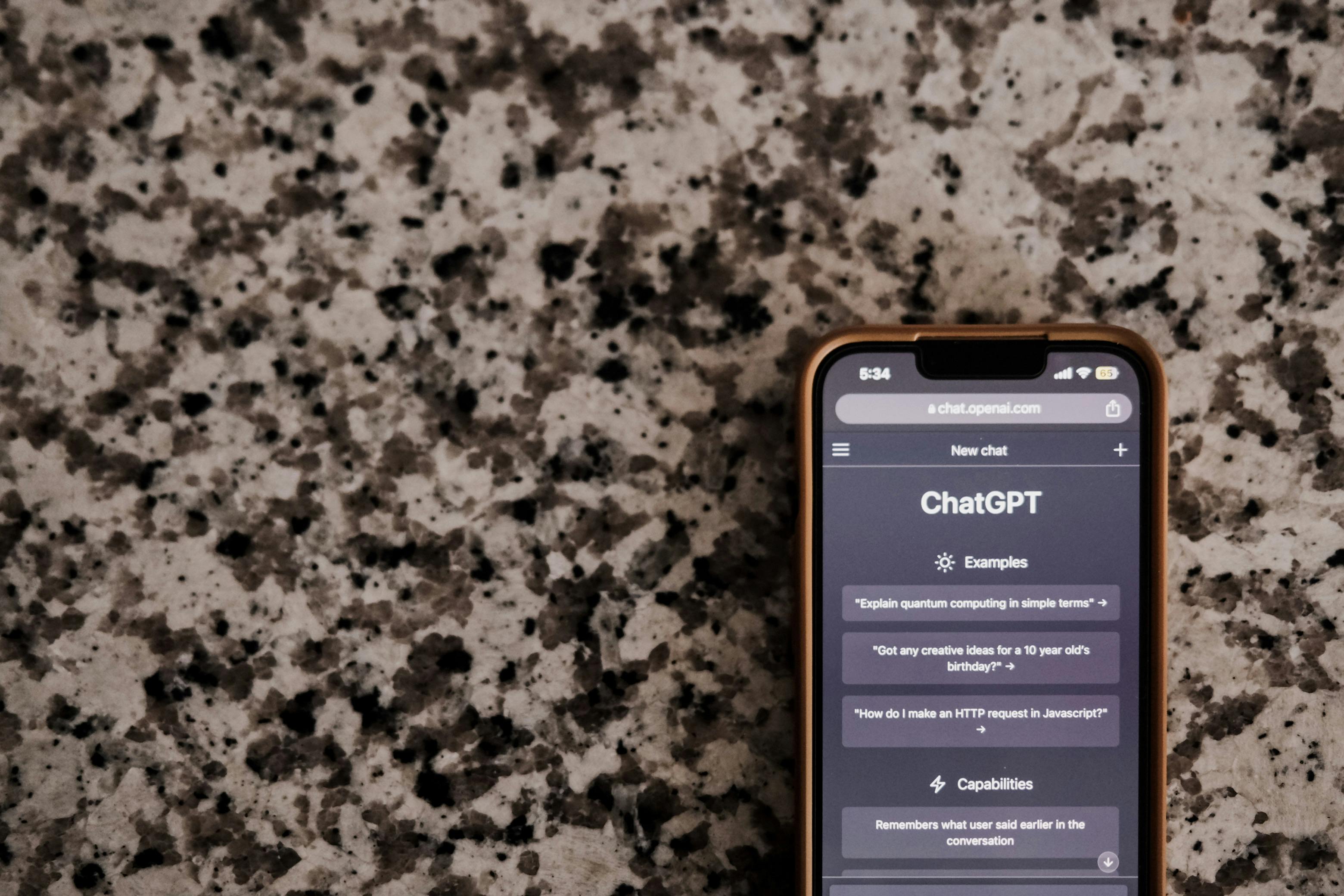AI Transforming the Future of Cancer Detection: A Revolutionary Approach to Diagnosis

Effective cancer diagnosis is a challenging task, that involves rigorous and thorough examination of medical reports, imaging scans, and sometimes, multiple tests. However, emergent advancements in the field of technology, particularly Artificial Intelligence (AI), are drastically revolutionizing the cancer diagnosis procedure. The advent of AI technology in cancer diagnosis carries immense potential to bring about more accuracy, precision, and speed into the process.
AI: The Groundbreaker in Cancer Diagnosis
Artificial Intelligence's implementation is not new in the field of healthcare. Yet, its incorporation into the specific realm of cancer diagnosis is a novel and promising approach. AI involves the use of algorithms and software to approximate human cognition in the analysis of complex medical data. The significant part of AI-based systems' capability is that they can learn and adapt as they'make mistakes,' thereby continuously enhancing their understanding and analysis.
The Many Facets of AI in Cancer Diagnosis
Countless AI applications are shaping our approach to cancer diagnosis. For instance, AI’s role in radiology is changing how doctors interpret imaging results. In many instances, AI algorithms can pinpoint cancerous nodules in medical imaging much earlier than humans, thus accelerating diagnosis. Another significant application lies in gene-sequencing. AI can quickly scan massive amounts of genetic data and unlock patterns, thereby advancing the understanding of how different cancers function. AI is thus becoming indispensible in precision medicine, where gene-sequencing plays a crucial role.
AI: Ensuring Accuracy and Speed
The tremendously growing capacity of AI to understand cancer proves invaluable to doctors and healthcare providers. Through AI's ability to analyze large volumes of data, doctors can identify trends and patterns leading to a speedy diagnosis. Moreover, AI can reduce human error, increasing the accuracy of the diagnosis. Advanced algorithms can help detect cancers that might have been missed by human eyes, thus potentially saving lives.
Challenges and Prospects of AI?
Despite the optimistic strides in AI's role in cancer diagnosis, challenges remain. Many AI algorithms need to build their understanding of cancer, meaning vast amounts of data are required, which rightly raises privacy and security concerns. While advancements in AI have led to improved accuracy, to replace human judgment entirely, AI still has a long way to go. However, the prospects of AI cannot be overlooked. By effectively merging AI with healthcare professionals' experience and knowledge, we may be on the brink of a new era in cancer diagnosis.
In summation, AI exhibits vast potentials in revolutionizing cancer diagnosis. While challenges exist, there is no denying that AI's fusion with healthcare can lead the way for a faster, accurate, and comprehensive approach to curing cancer. With each step, AI is getting closer to becoming a game-changer in the field, reshaping trends in healthcare, and adding longevity and quality to human lives.



